Rank'Em
Rank’ Em: Best OU Sooners in Cowboys History
Under Mike McCarthy, the Cowboys have already tapped into a well of players who developed at Oklahoma. It got us thinking to the best Sooners in franchise history.
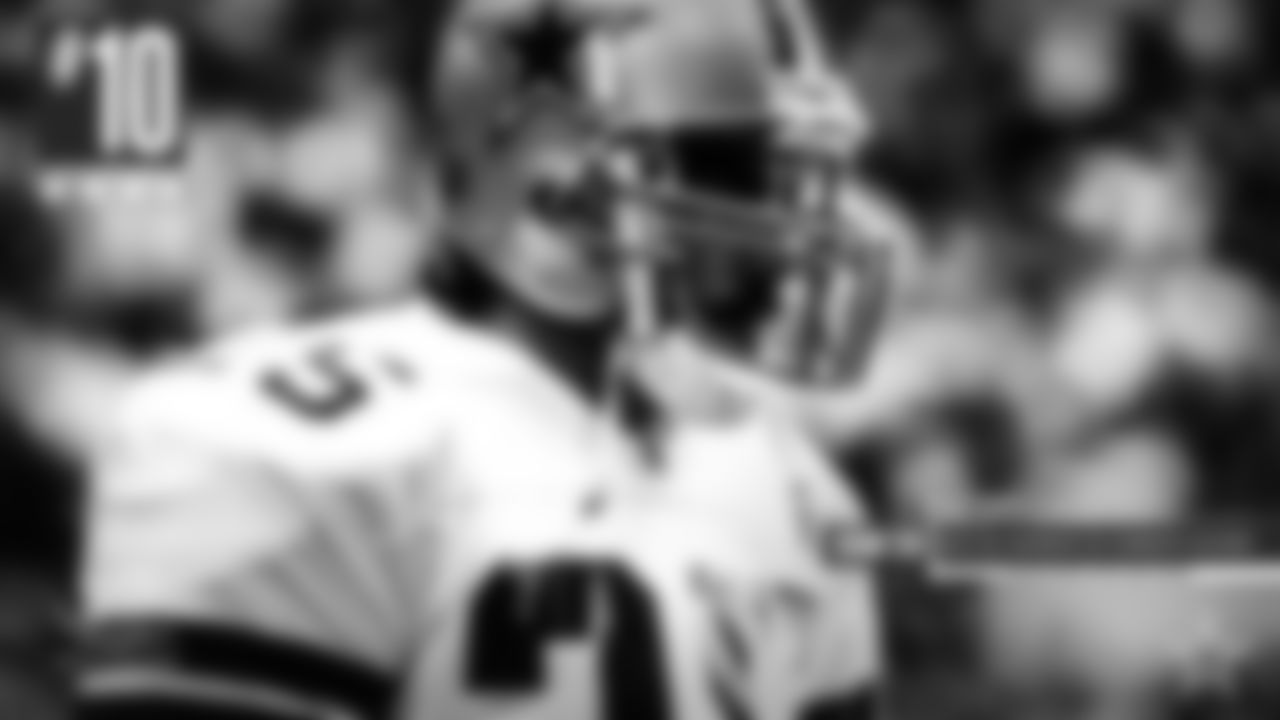
Scott Case, Safety, Dallas Cowboy in 1995: Case set Oklahoma's single season record for interceptions with eight his senior season. He came to Dallas at the end of his career for one season, but played a vital part in the Cowboys Super Bowl XXX victory with a few crucial and timely tackles.
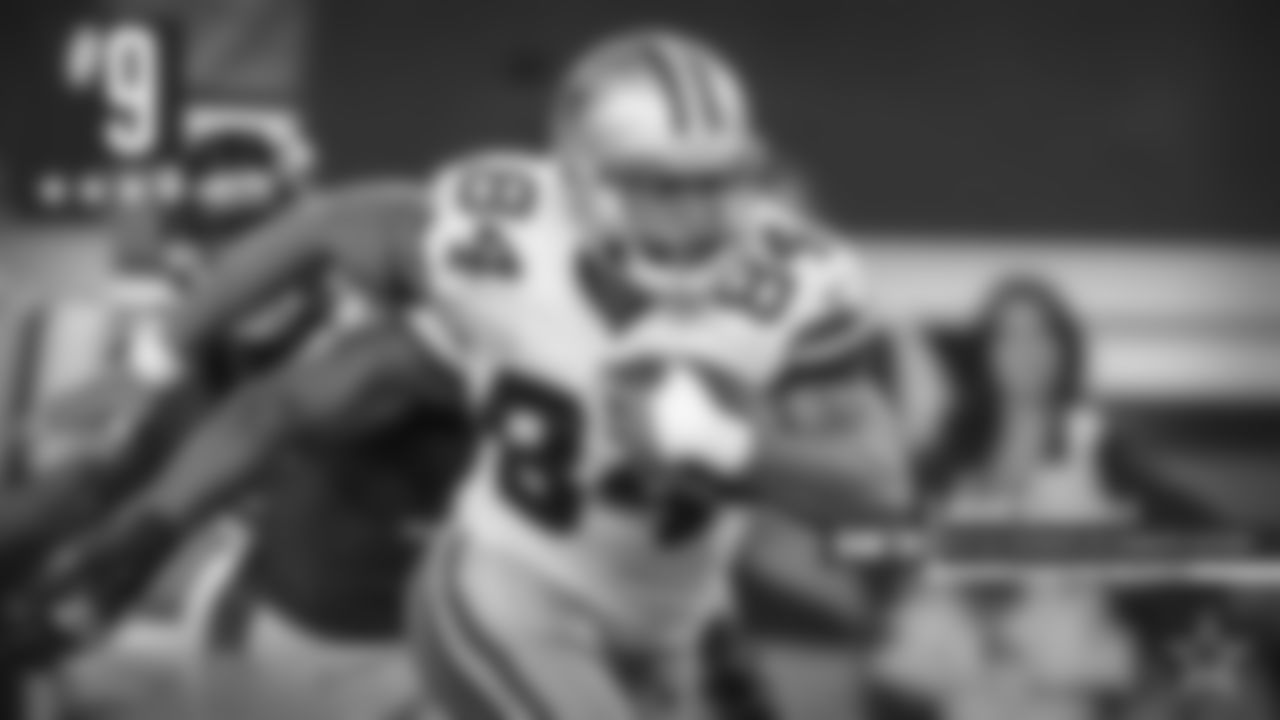
James Hanna, Tight End, Dallas Cowboy 2012-2017: Showing promising potential at Oklahoma, Hanna earned the intrigue of the Cowboys, who used a sixth-round draft pick on him in 2012 hoping he might someday replace Jason Witten. He became a proven blocker and showed promise as a receiver, but Witten ultimately outlasted Hanna's time in Dallas, and knee injuries cut Hanna's career short.
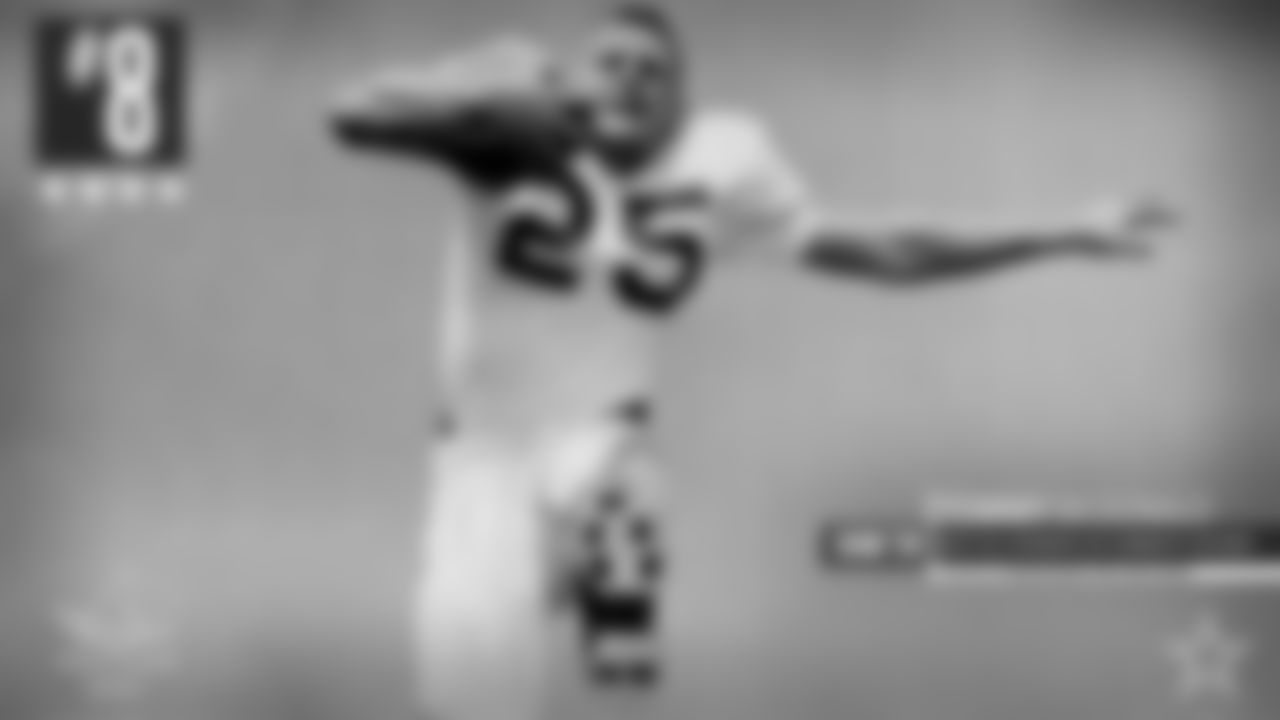
Tommy McDonald, Wide Receiver, Dallas Cowboy 1967: McDonald was a running back at Oklahoma before converting to wide receiver in the NFL. His most significant NFL years were with the Philadelphia Eagles, but in his lone season in Dallas in 1967 produced 612 yards and two touchdowns.
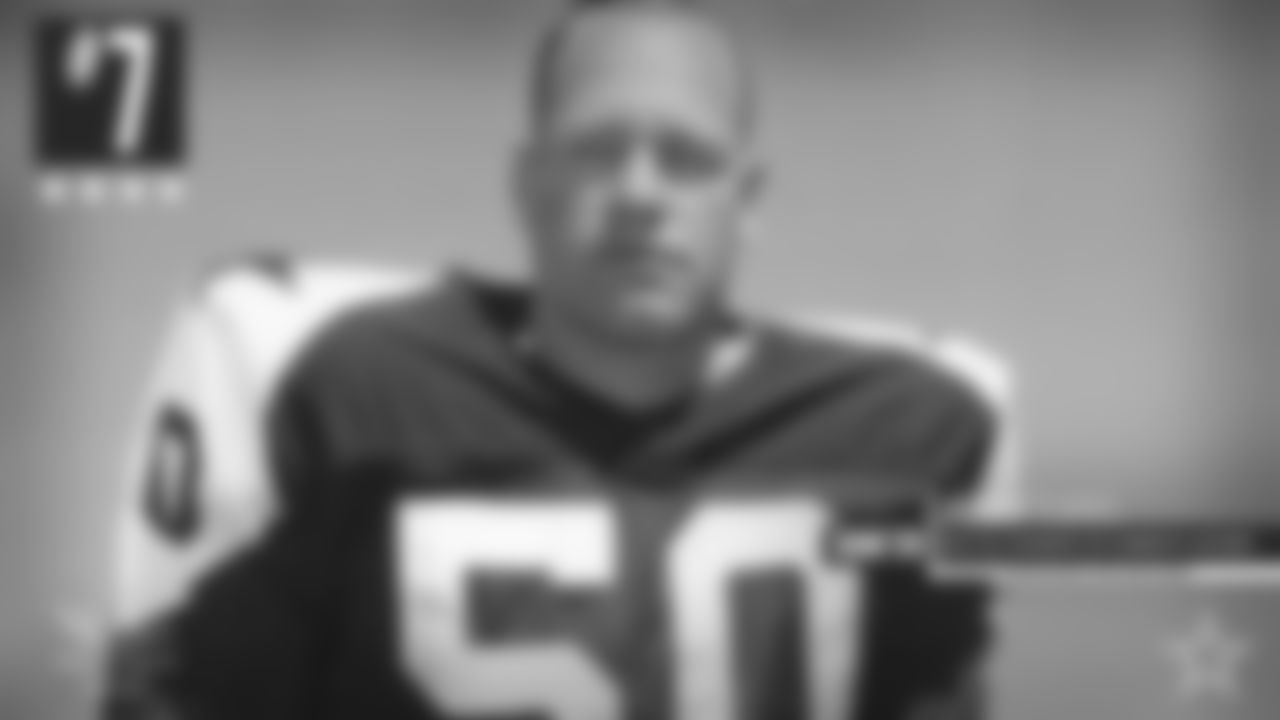
Jerry Tubbs, Linebacker, Dallas Cowboy 1960-1967: Tubbs spent three varsity seasons at Oklahoma. They went 31-0 in that time. In 1960 he became the first Dallas Cowboy to start at middle linebacker in franchise history. He spent the next 29 seasons in Dallas as a player and coach.
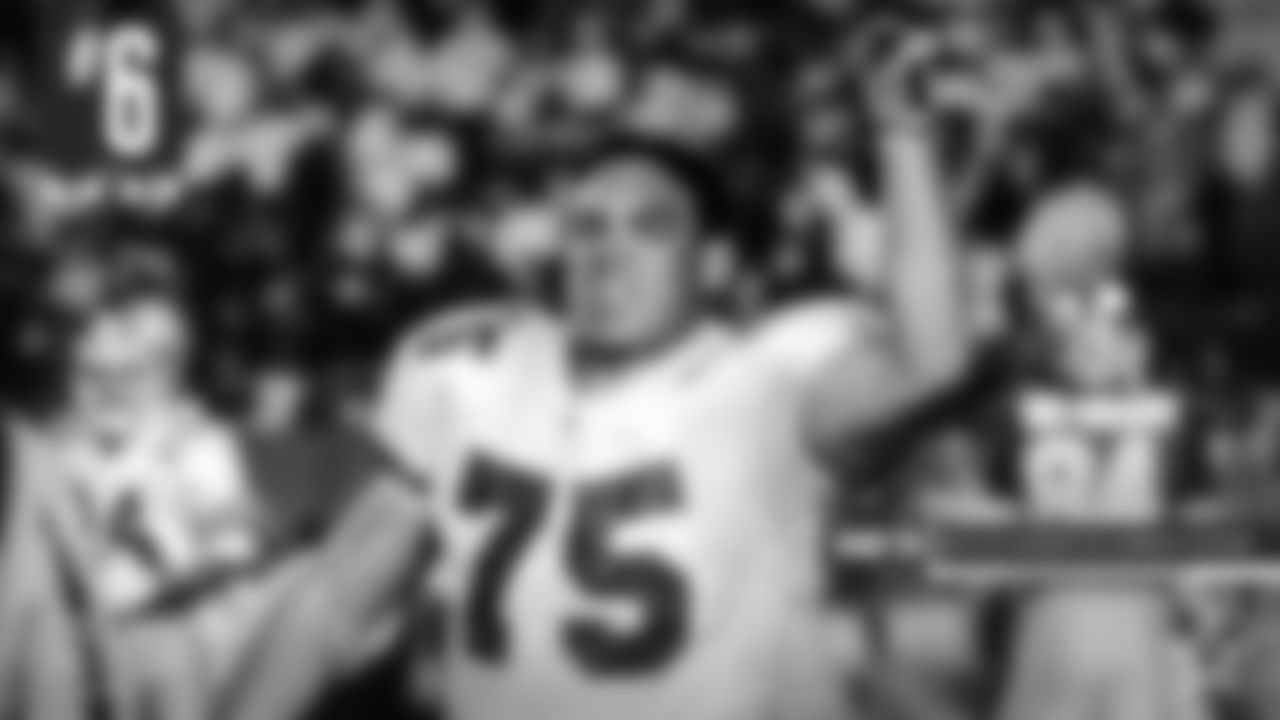
Tony Casillas, Defensive Tackle, Dallas Cowboy 1991-1993: Casillas became the second hispanic to be inducted into the College Football Hall of Fame for his time with the Sooners. While Casillas' time in Dallas was short, it was eventful. He was the starting defensive tackle on the best defense in the league and won back-to-back Super Bowls. He briefly returned to the Cowboys in 1996 where he would retire.
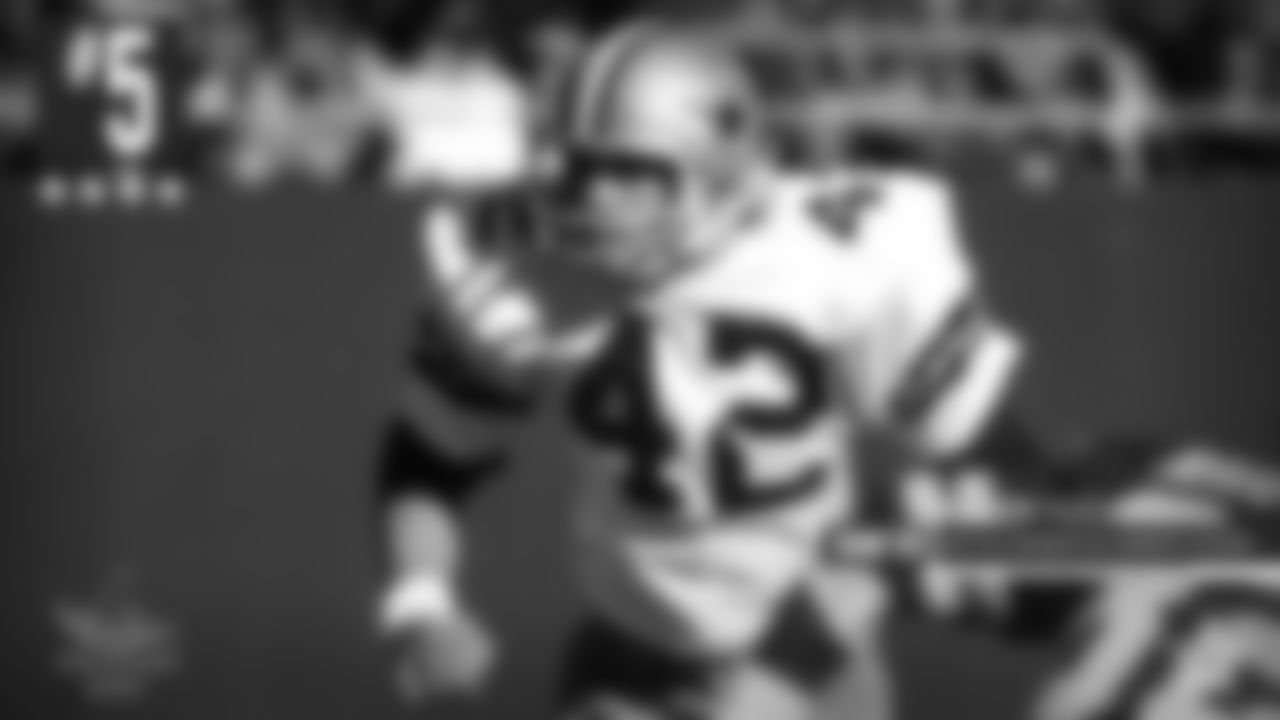
Randy Hughes, Safety, Dallas Cowboy 1975-1980: Hughes recorded 14 interceptions at Oklahoma before being drafted by Dallas. In Super Bowl XII, he registered five tackles, an interception, and two fumble recoveries.
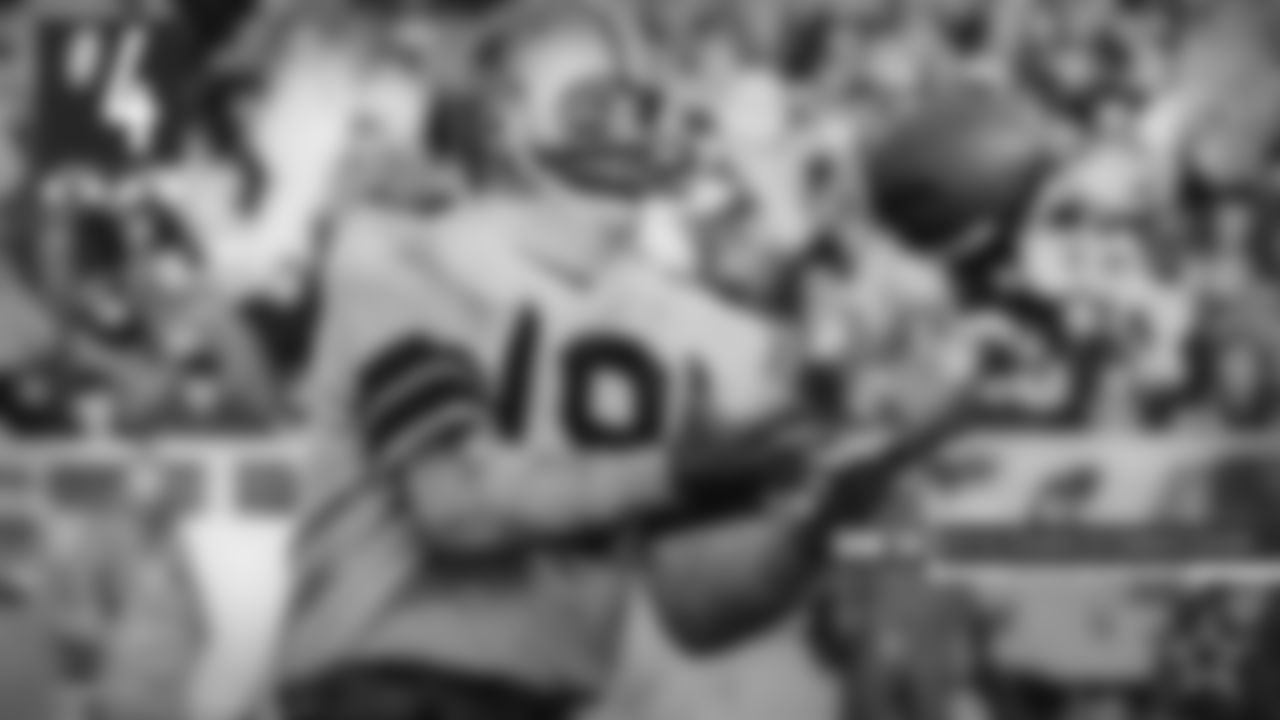
Lance Rentzel, Wide Receiver, Dallas Cowboy 1967-1970: Rentzel mostly played running back at Oklahoma but was a dominant receiver upon joining the Cowboys in 1967 when he led the team in receptions, including a 13-reception, 223-yard performance against Washington. He also scored a fourth quarter touchdown in the infamous "Ice Bowl."
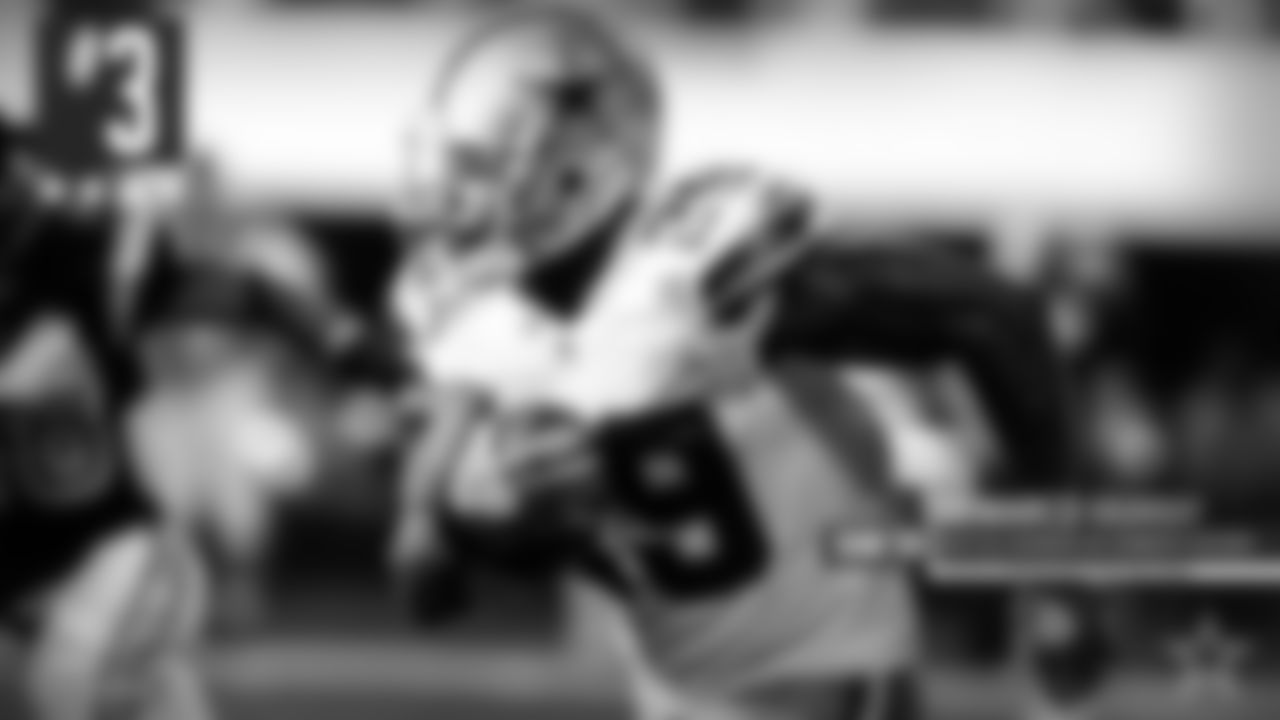
DeMarco Murray, Running Back, Dallas Cowboy 2011-2014: Murray was dominantly productive at Oklahoma where he recorded 3,685 yards and 63 total touchdowns. He was drafted by Dallas as the Cowboys were putting together the league's best offensive line and the offense was built around Murray's production. In 2013 he led the league in rushing and set the Cowboys' all-time single season rushing record with 12 games of over 100 yards rushing.
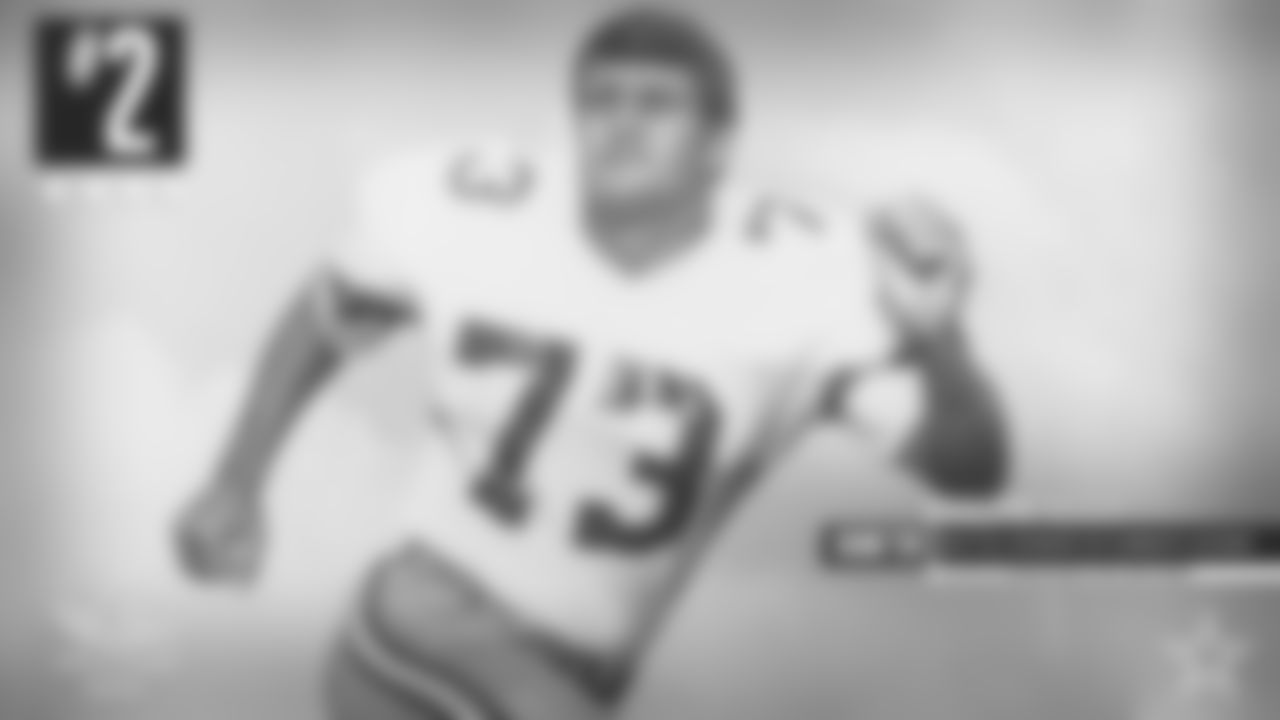
Ralph Neely, Offensive Tackle, Dallas Cowboys 1965-1977: Neely was ineligible for the Sooners' 1965 Gator Bowl due to signing on with a professional team, but he would immediately begin a successful career with the Cowboys, making the All-Rookie team and being selected as an All Pro player for the next four seasons. He won two Super Bowls in Dallas.
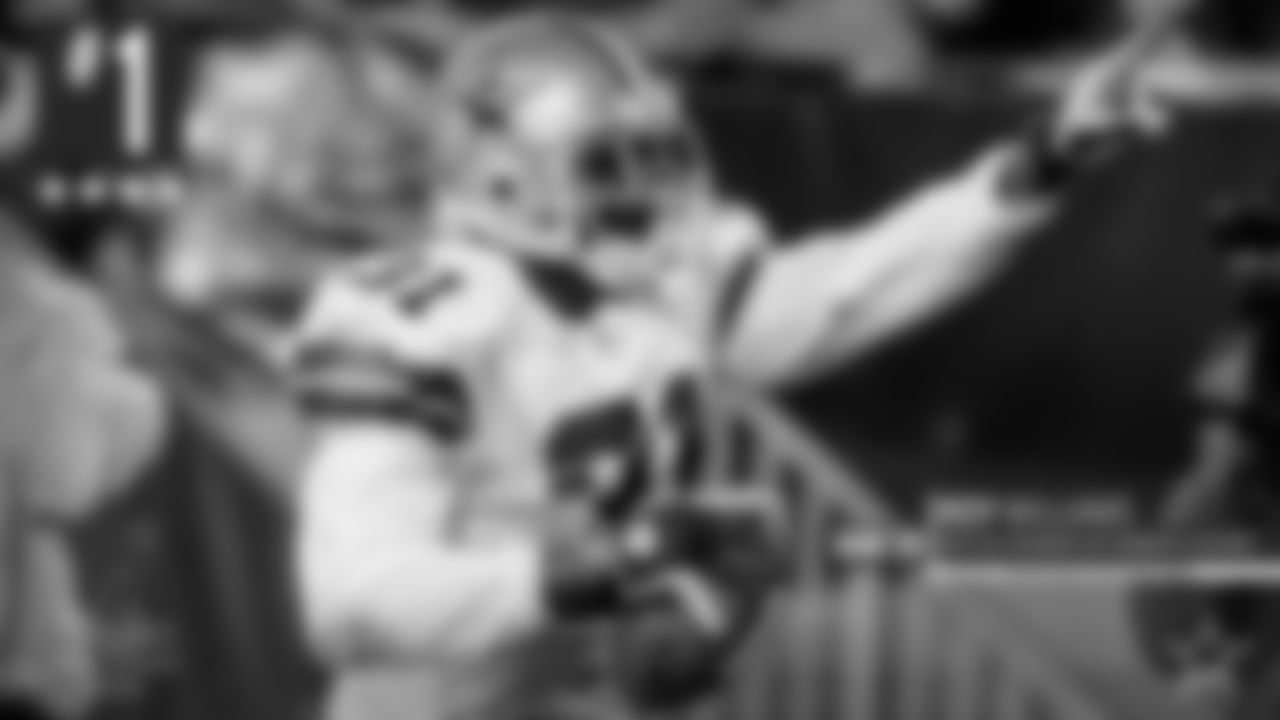
Roy Williams, Safety, Dallas Cowboy 2002-2008: At Oklahoma, Williams won the Jim Thorpe Award awarded to the best defensive back in the nation. The Cowboys would draft him with the eighth overall pick in 2002 where he'd go on to be one of the most feared safeties in the NFL. He was a five-time Pro Bowler, but was also criticized for his repeated use of dangerously using a runners' horse collars to bring them down, which led to an NFL rule change often associated with Williams.













